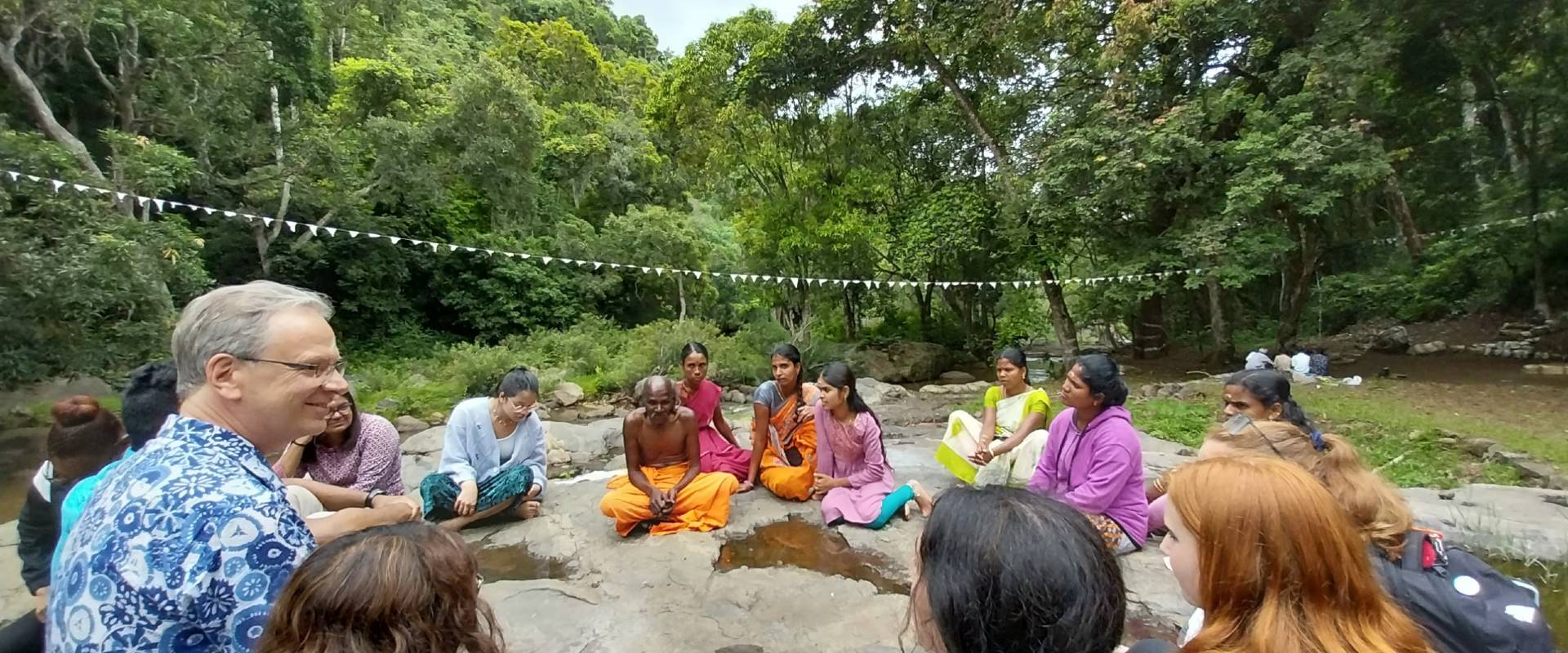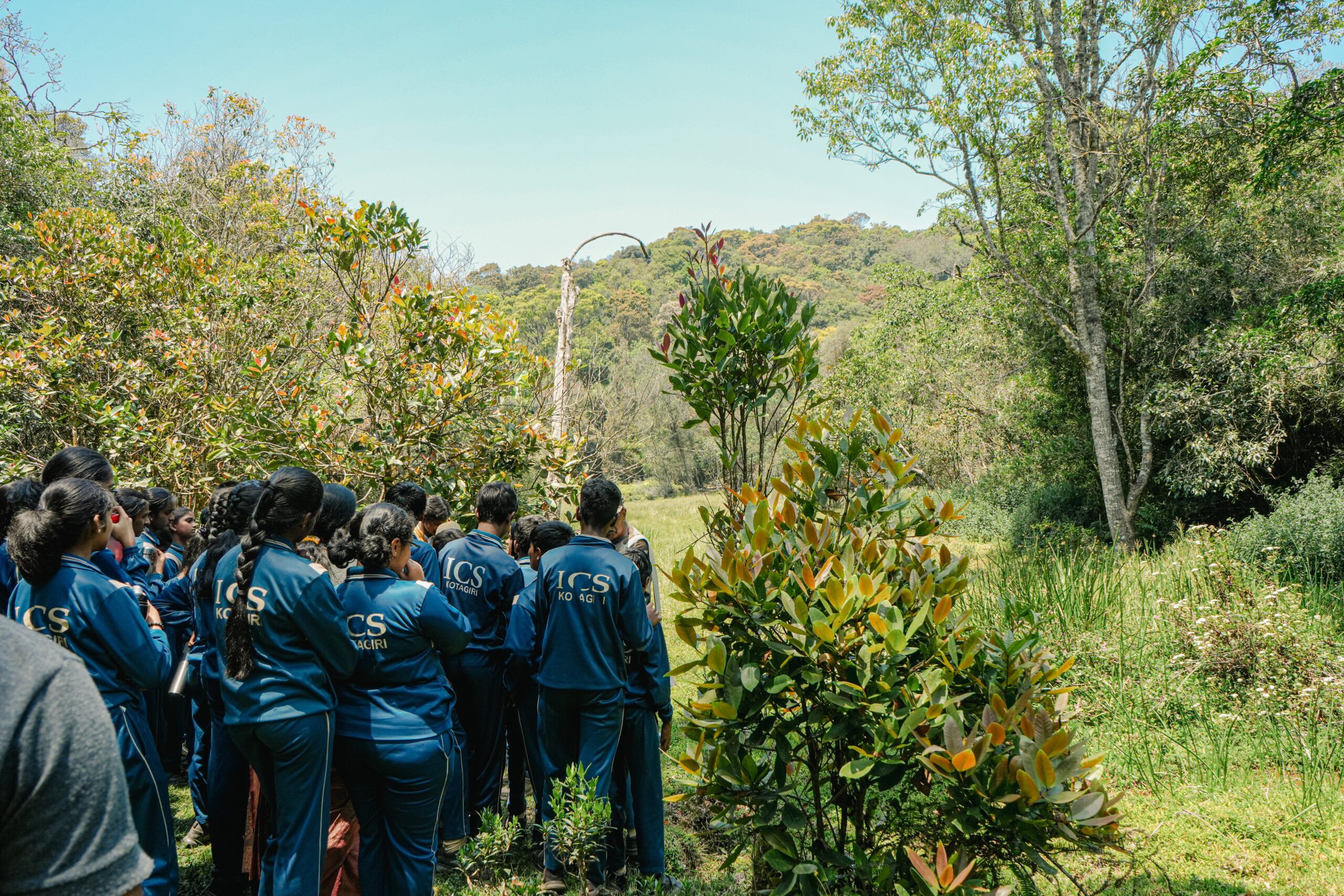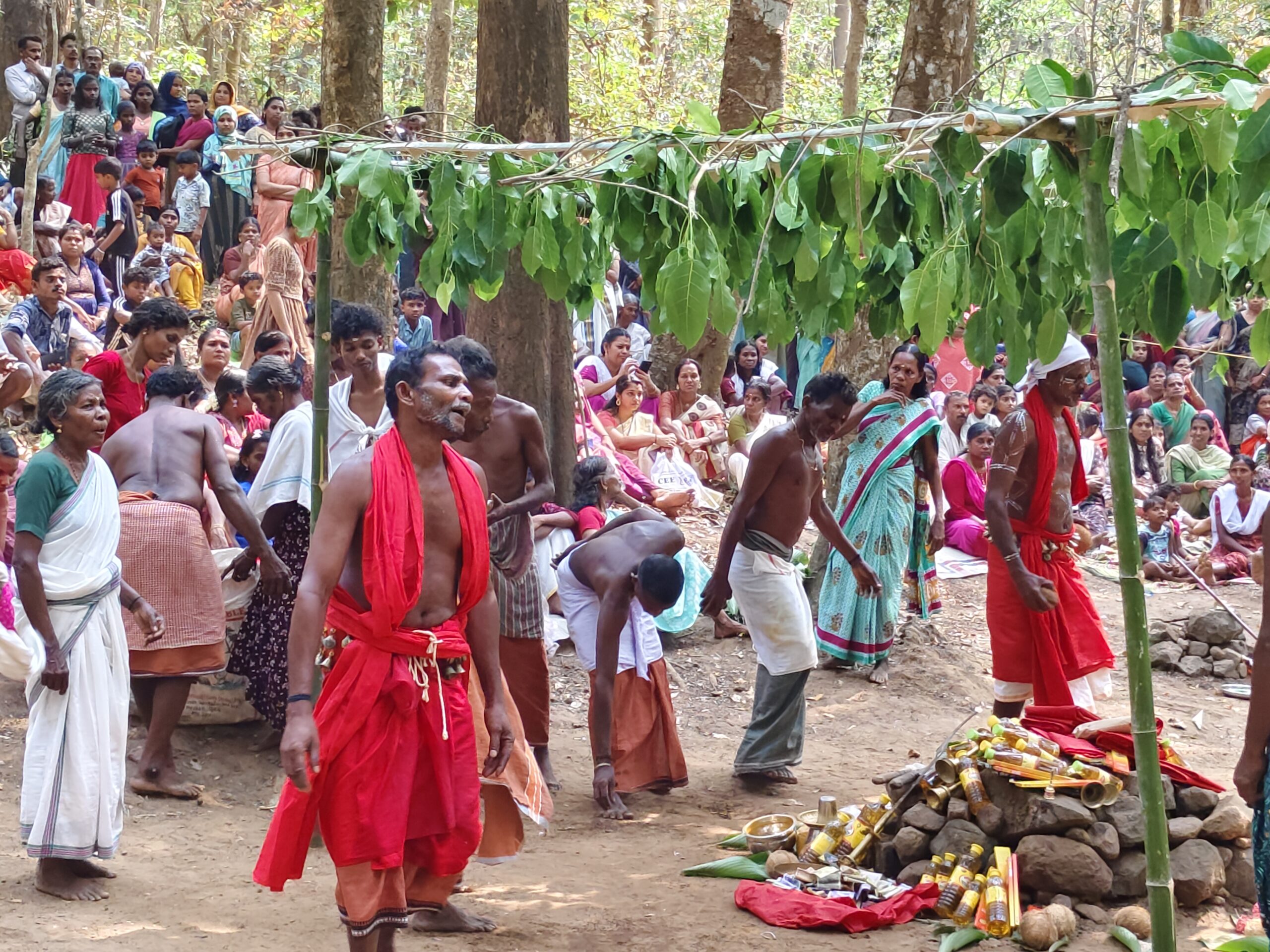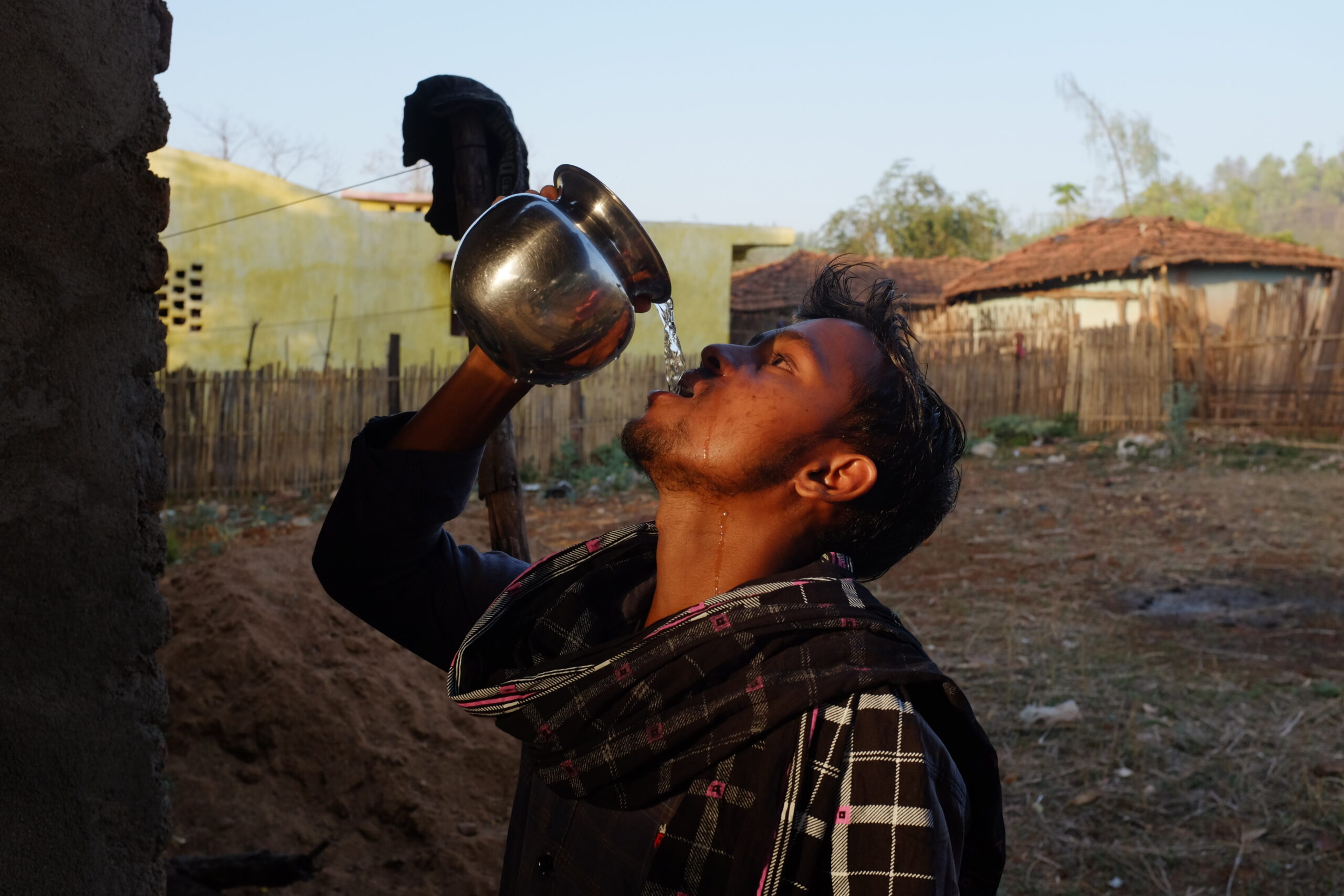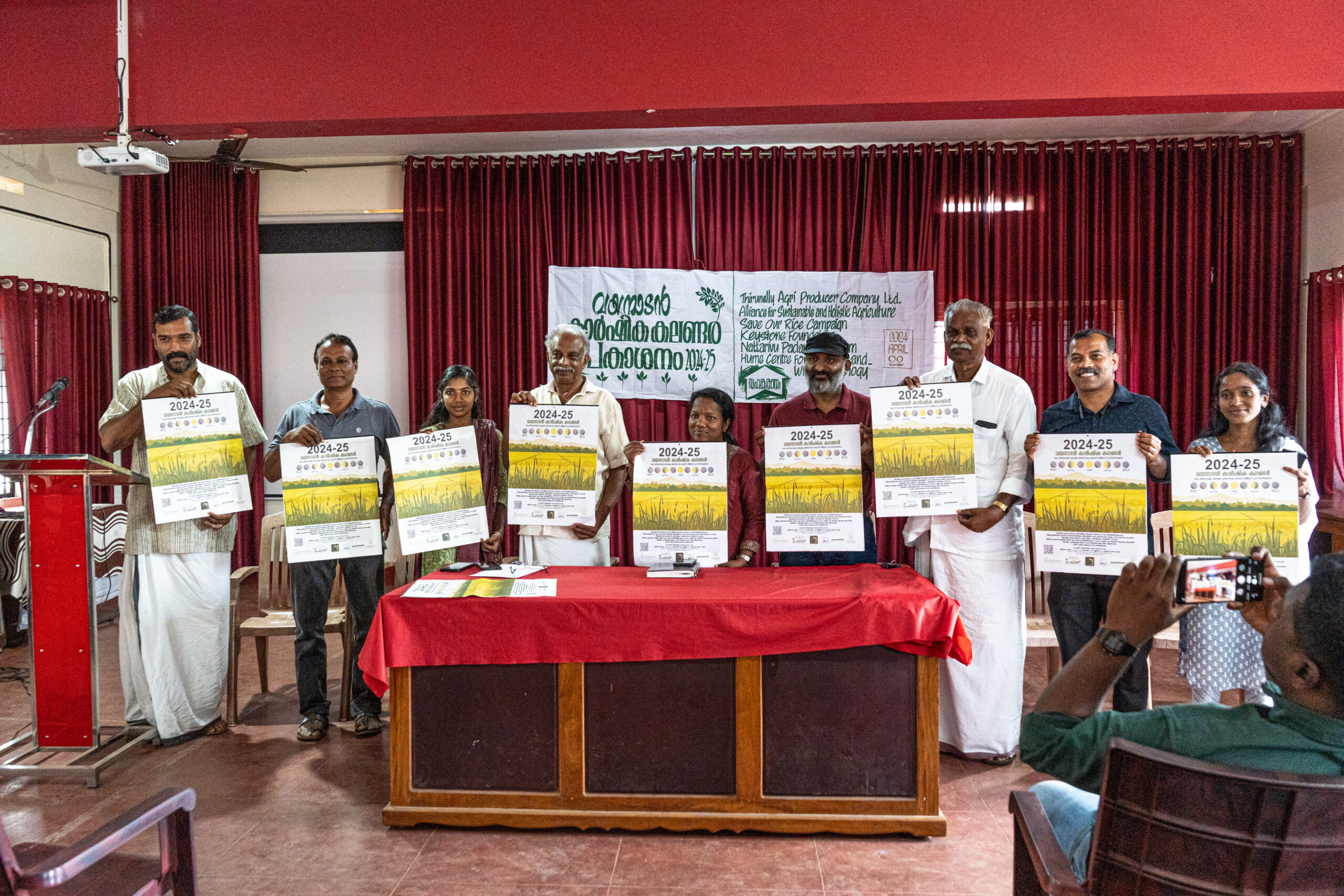The Nilgiris Field Learning Programme (NFLP) is a learning platform anchored by Keystone in partnership with Cornell University. For five weeks, students from Cornell University and youth from indigenous communities in the Nilgiris live, study, and work together during a part of the spring semester. An opportunity for field-engaged learning and research partnerships mentored by Cornell faculties will be provided as part of the course. The NFLP provides meaningful, hands-on research opportunities for students, community members, NGO professionals, and faculty who work together on ongoing projects that have emerged from community-expressed needs. The goal of the NFLP is to develop academic and research skills with a view toward developing practical solutions for complex problems related to rural healthcare, ecology, sustainability, development and other related themes in the Nilgiris.
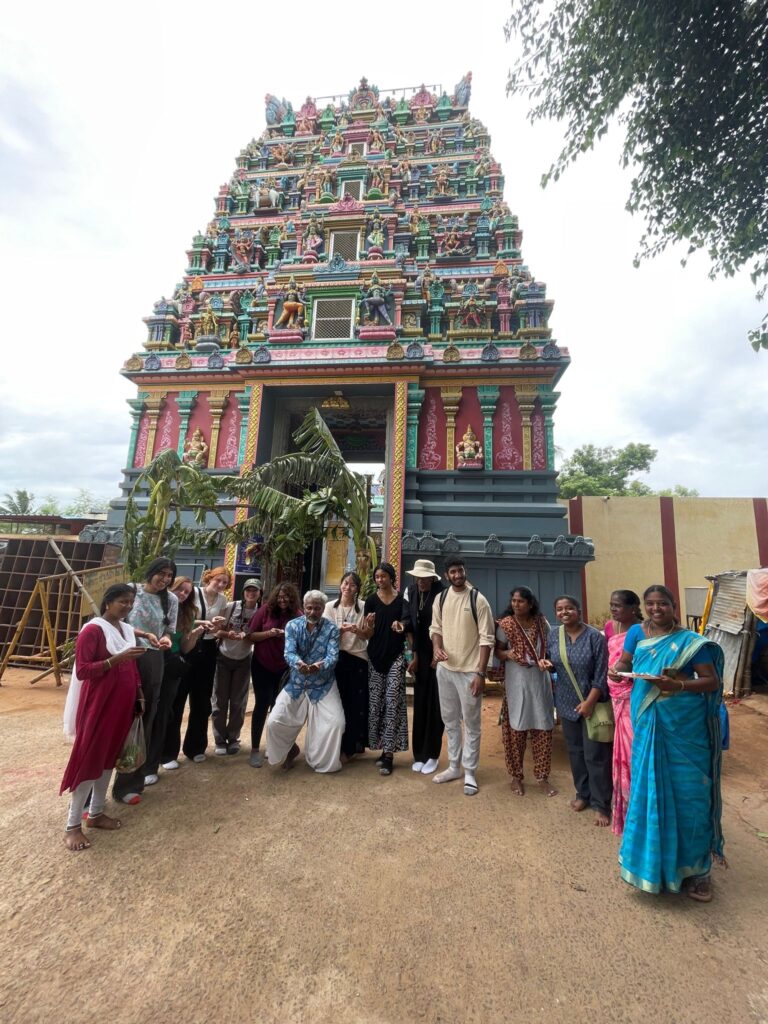
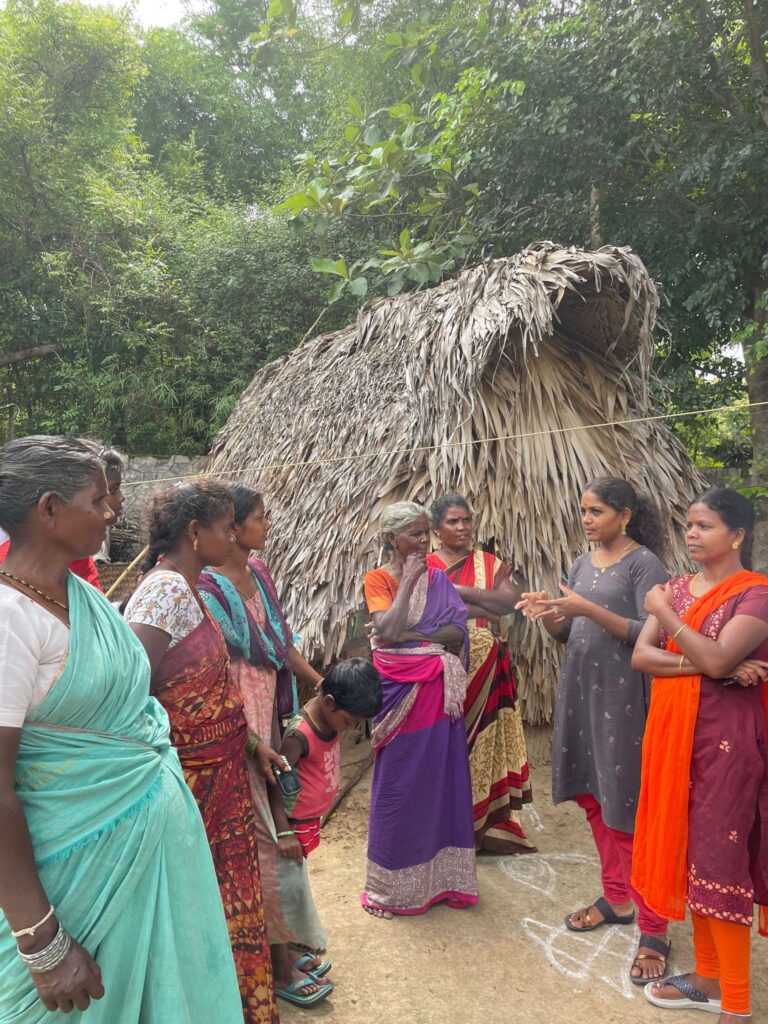
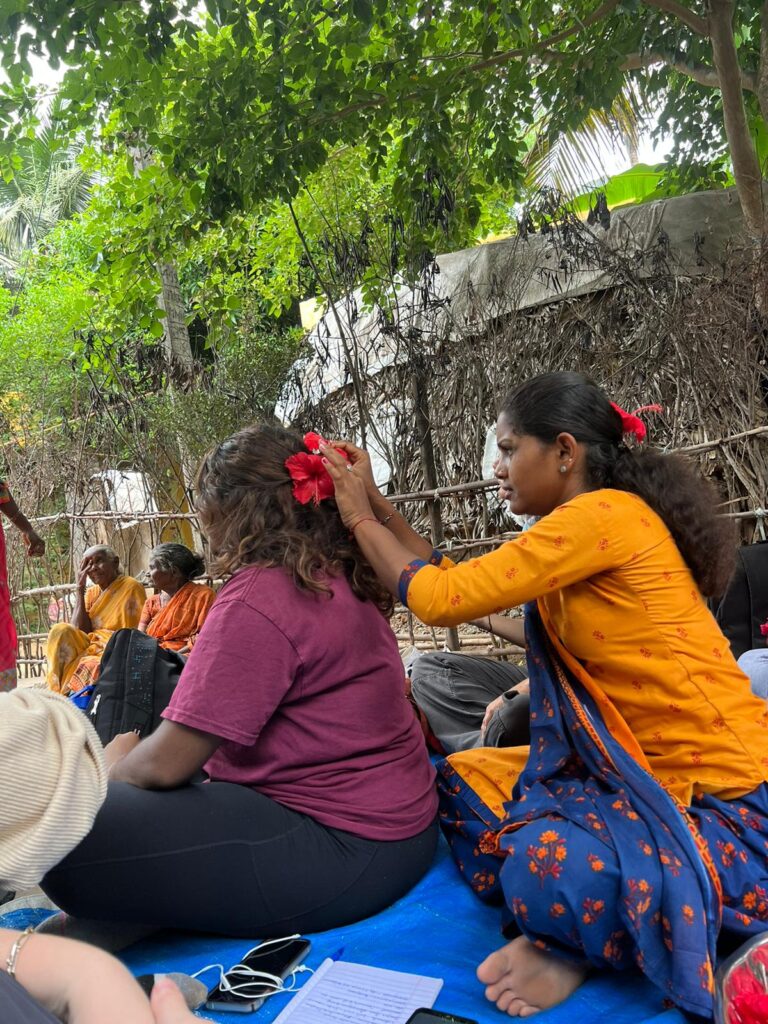
NFLP for this year was carried out from June to mid-July with a special focus on community health and wellness looking upon access to medical resources, changing modes of healing, local norms and beliefs in healing, eating habits, and sourcing patterns in local food systems. Thirteen students; nine from Cornell University and four from indigenous communities attended the program. In the 5-week course, we were able to conduct multiple in-house sessions, field engagements, and an exposure visit to the NGO Banyan to explore the social-context difference in health care. As a short-term output of the programme, three context-specific research addressing women’s empowerment, gaps between different healthcare delivery systems, and pathways to care were documented.
The course primarily sought to understand mental and public health perspectives and realities in the Nilgiris, while considering global scenarios and measures/models to address local issues. The relevance of local contexts with regards to existing knowledge, traditional practices and other cultural nuances were taken into account while considering global solutions.
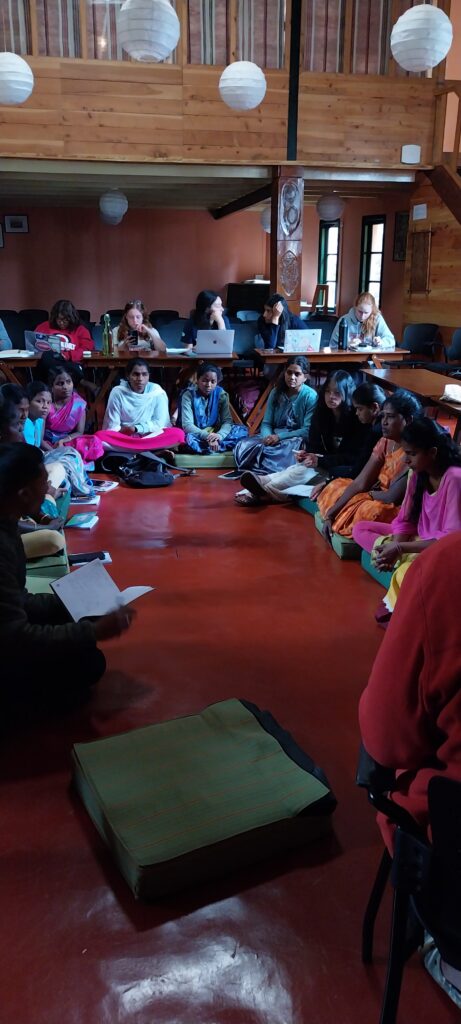
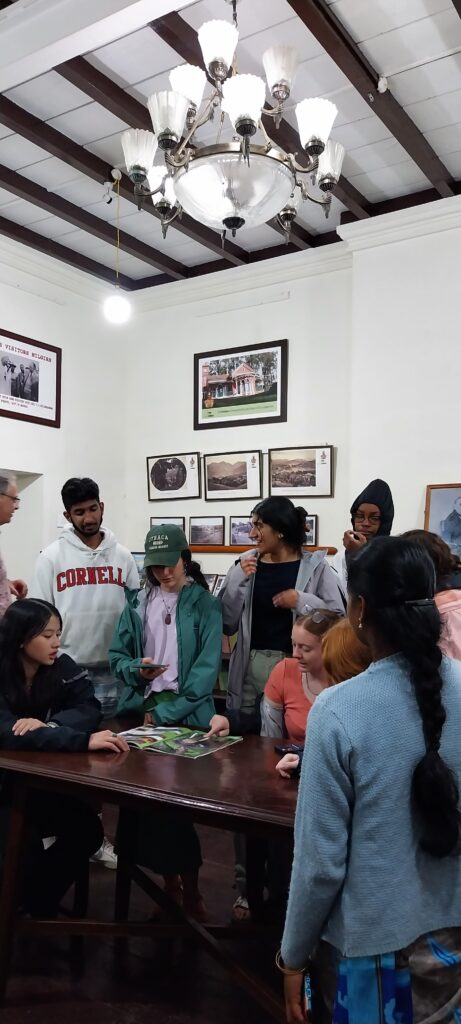
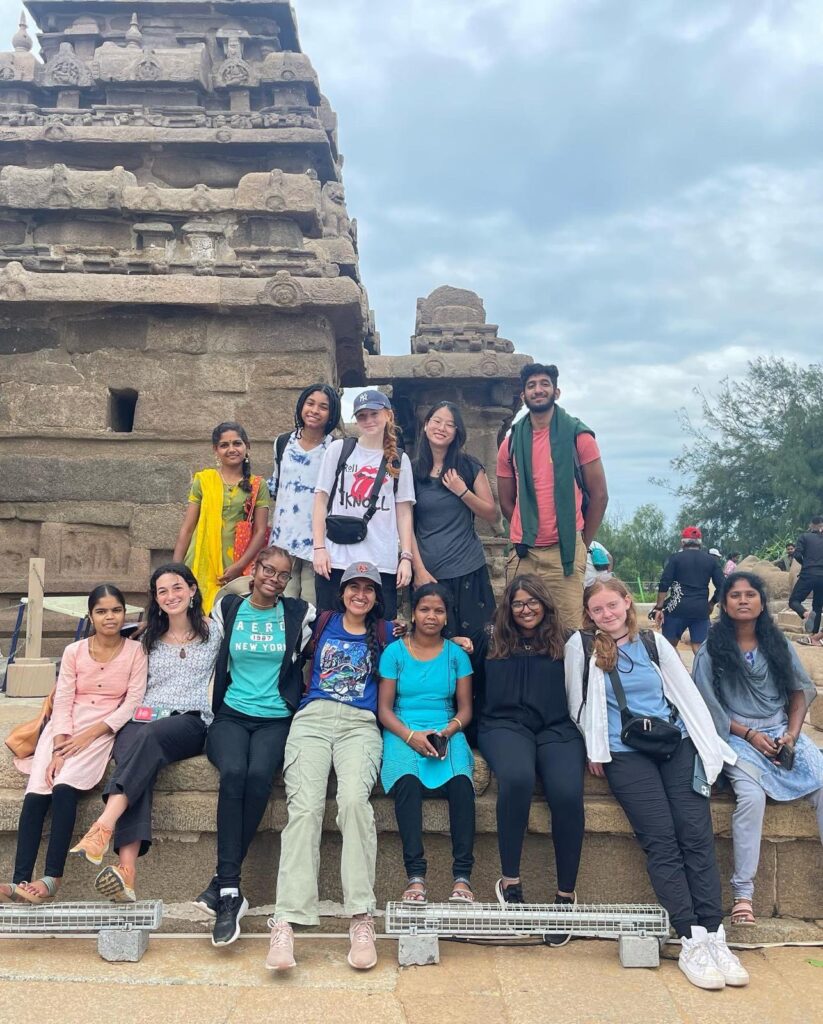
Open dialogues on people’s belief systems and how they may be playing a major role in healing, especially in LMICs (low and middle income countries) was a perspective-shifter element of the course. Traditional healing practices of the Indigenous communities of Nilgiris and the Community health work model of Keystone were discussed in depth during the course of this program to bring to light how much it is important to view health through a Psycho-social-cultural lens. A special talk from Dr. Anuradha and Fr. Vinoth from CMC Vellore on their health intervention in Jawadhi Hills was also conducted to understand community-based care in different landscapes.
Similar to culture, social determinants of care were also discussed to understand the disparity in healthcare delivery, which was a more interesting section of the program as the students were representing countries from different socio-developmental classes. Their personal experiences shed light on existing structural and symbolic violence as well as the resulting social sufferings.
These discussions and learnings took place across the weeks as the team of students travelled within the Nilgiris – Aracode, Konnavakkarai – as well as Chennai.

